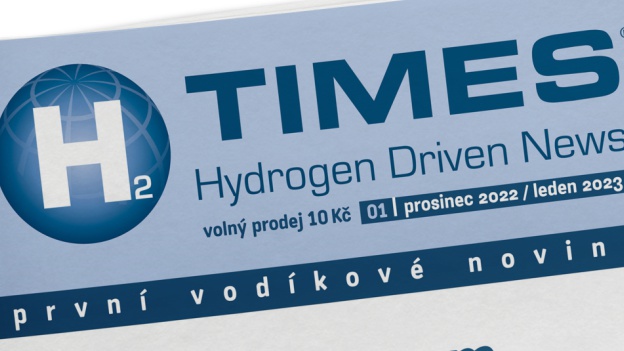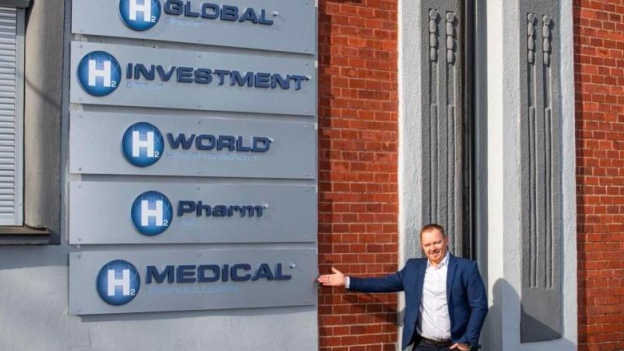Green hydrogen, created from renewable energy sources, is becoming a key factor in the search for alternatives to fossil fuels. Commercial entities are beginning to emerge in the Czech Republic to focus on its production, but the infrastructure to support hydrogen projects in the Czech Republic remains insufficient. The European Commission recently approved financial support for seven EU member states for hydrogen projects, but the Czech Republic has not yet benefited from this support, according to an analysis by Europe in Data.
Europe aims to become carbon neutral by 2050, and green hydrogen plays an important role in this strategy. Hydrogen is considered a key alternative fuel for transport and can also play a role in decarbonising industry, thanks to its ability to store energy for longer periods of time. However, the condition is that it must be green hydrogen, i.e. produced with minimal emissions. The European Union aims to produce up to ten million tonnes of green hydrogen by 2030.
The Czech Republic is still lagging behind in its involvement in European hydrogen projects. In addition to the lack of renewable energy sources, it is also only minimally represented in the approved financial support of the seven EU member states. Although some of the projects were related to research and technology development, the Czech Republic was not among the countries that received support for specific hydrogen projects.
Growing interest in hydrogen technology in the Czech Republic
Despite the current lack of support, the first commercial green hydrogen projects are developing in the Czech Republic. These projects could have a significant impact on the regional economy, especially in coal areas, while contributing to the decarbonisation of the industry. Hydrogen technologies are becoming increasingly important, as underlined by the recent signing of a joint hydrogen memorandum by the three Czech regions of Ústí nad Labem, Karlovy Vary and Moravia-Silesia.
The Czech hydrogen market faces challenges in the form of higher costs and insufficient infrastructure. Updating the Czech Republic's hydrogen strategy could provide a framework for increasing the efficiency of hydrogen use and its integration into the energy system. The Confederation of Industry and Transport of the Czech Republic has warned of the risk of billions of euros in fines for non-compliance with European directives and of negative impacts on the economy and employment if the Czech Republic does not increase investment in hydrogen technologies.
Global hydrogen consumption is growing, reaching a record 95 megatons in 2022, an increase of three percent year-on-year. Green hydrogen accounted for one megatonne. China currently dominates the hydrogen market, followed by North America in production.
Source: CTK






























